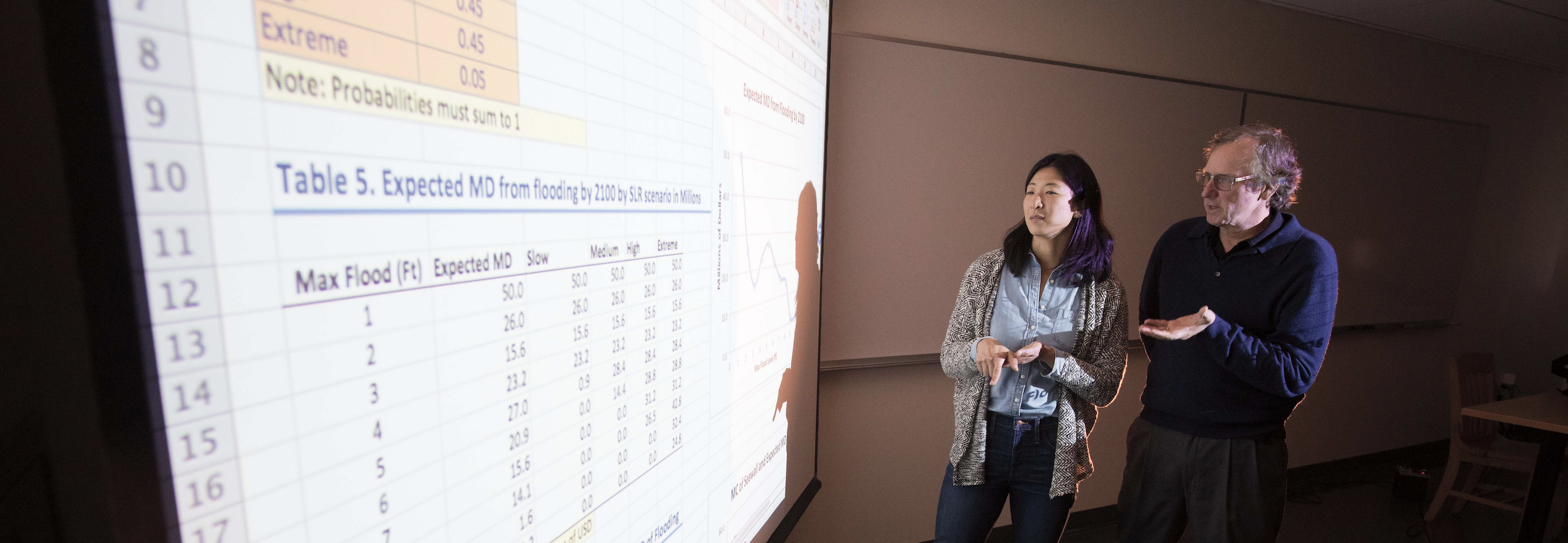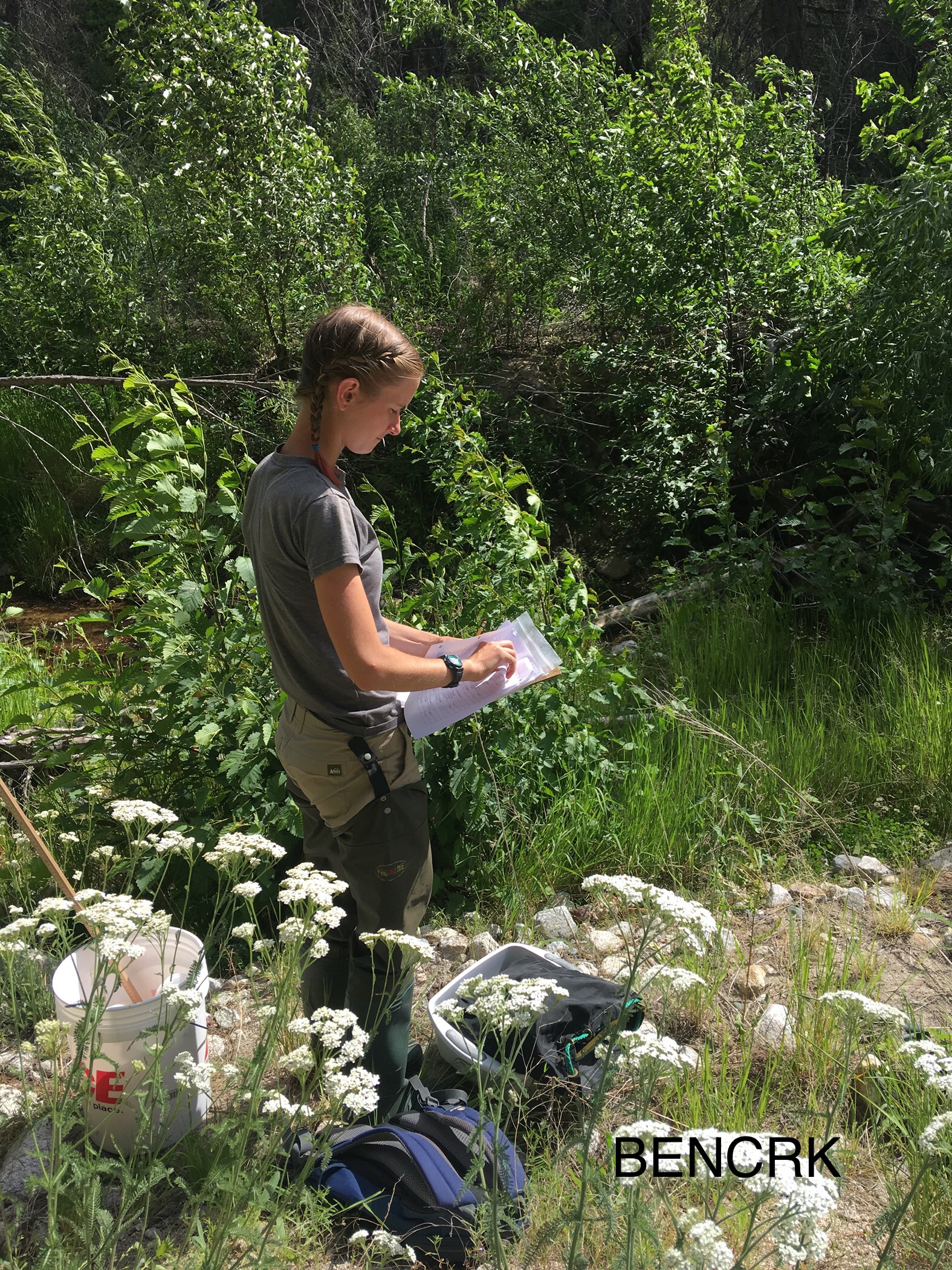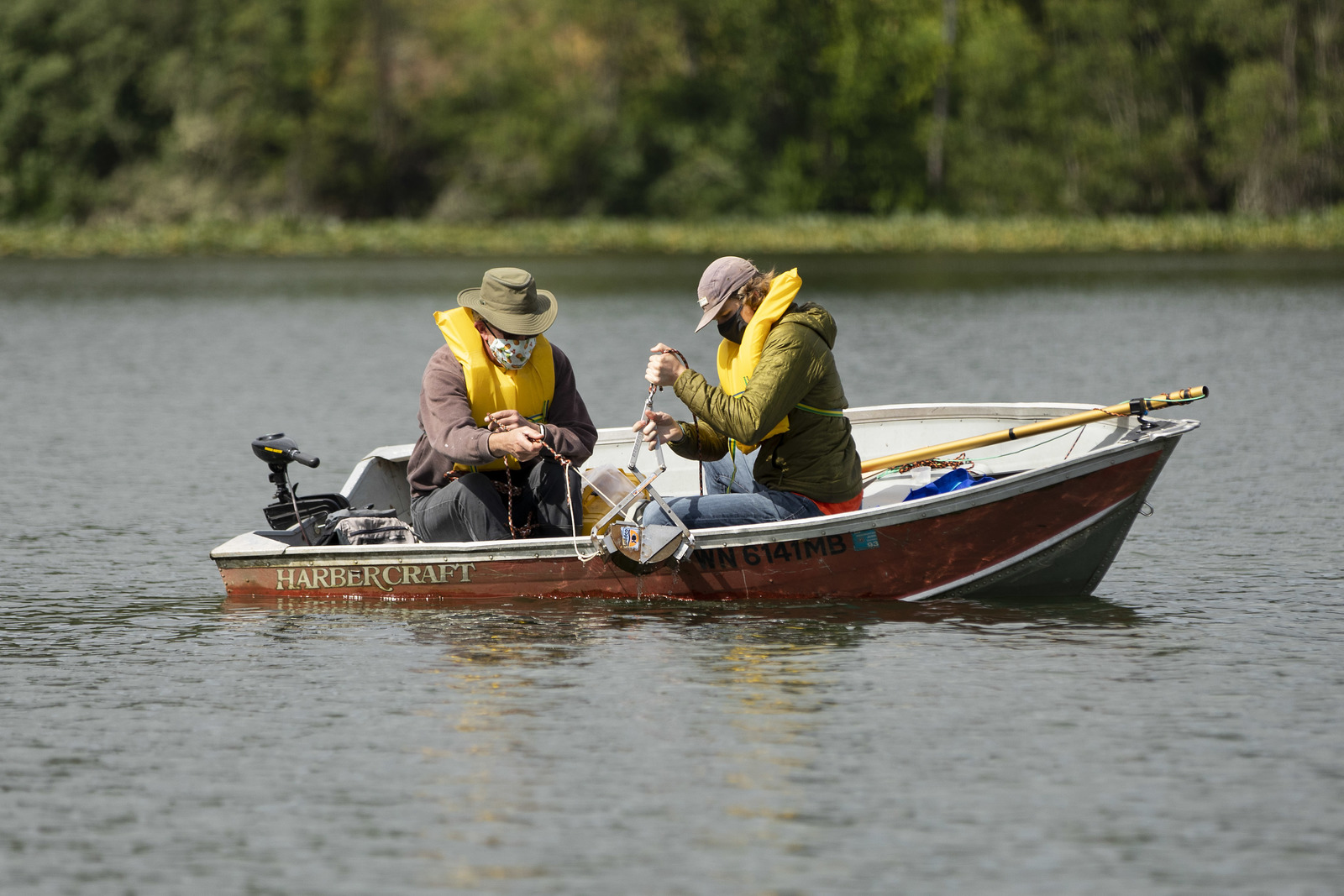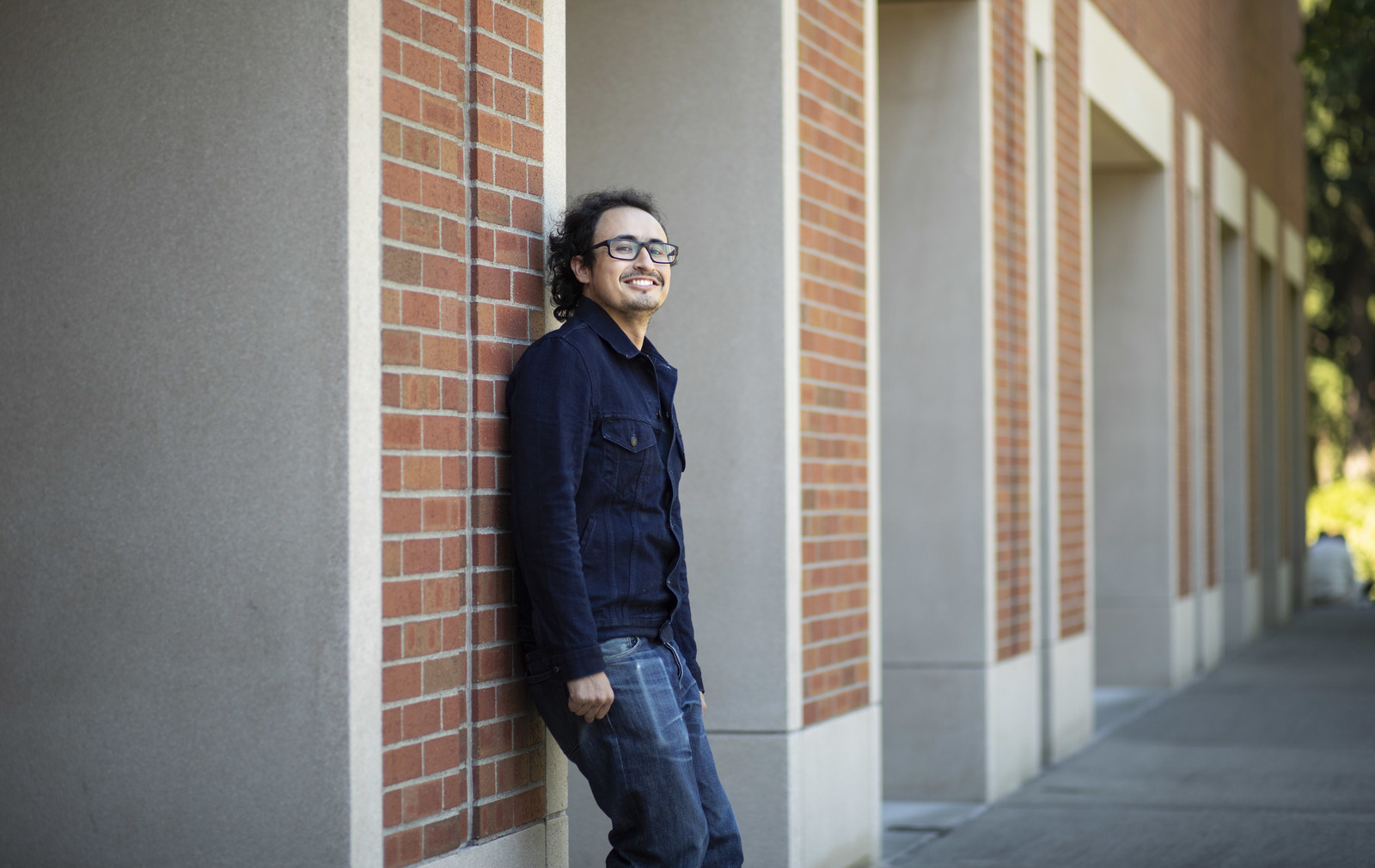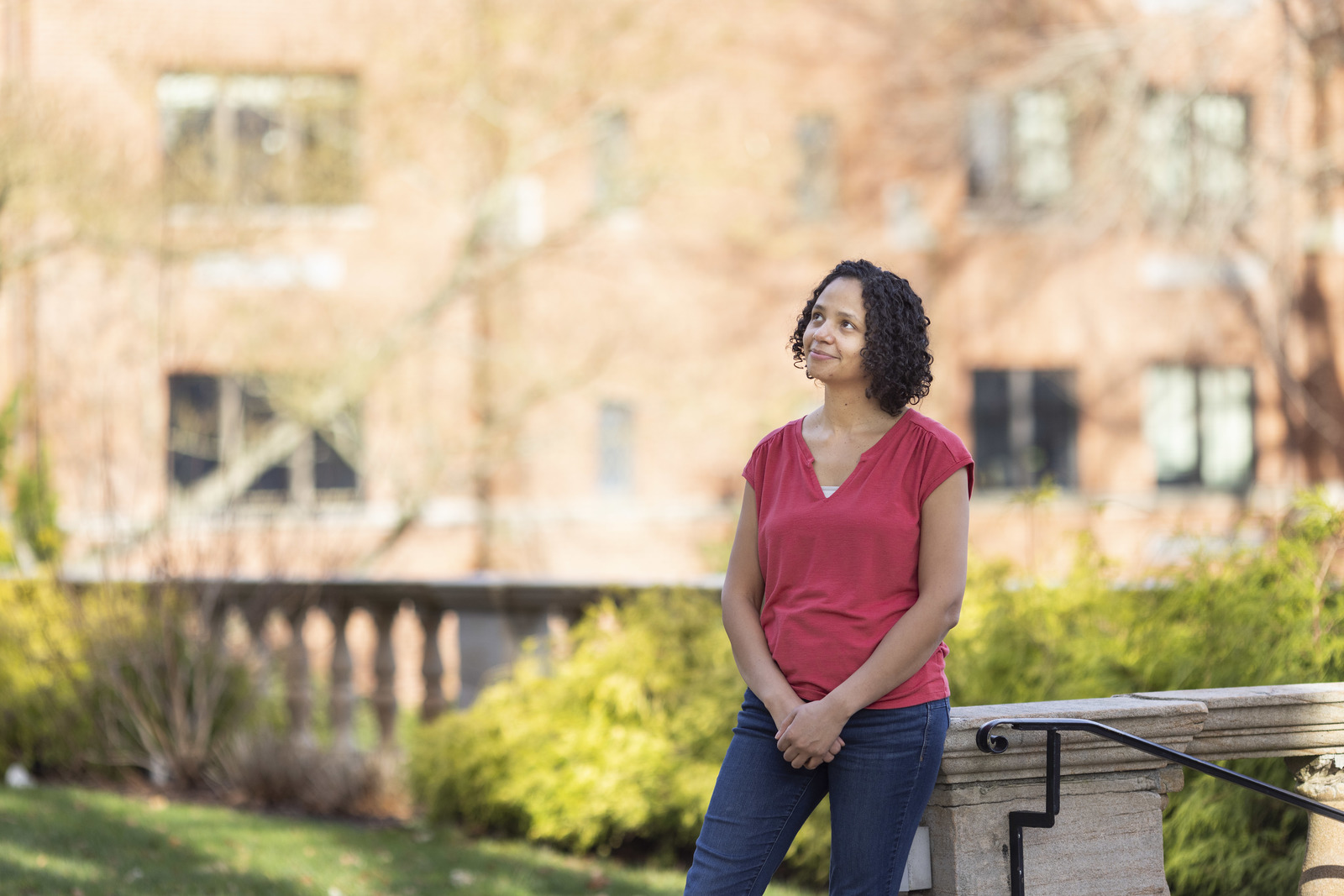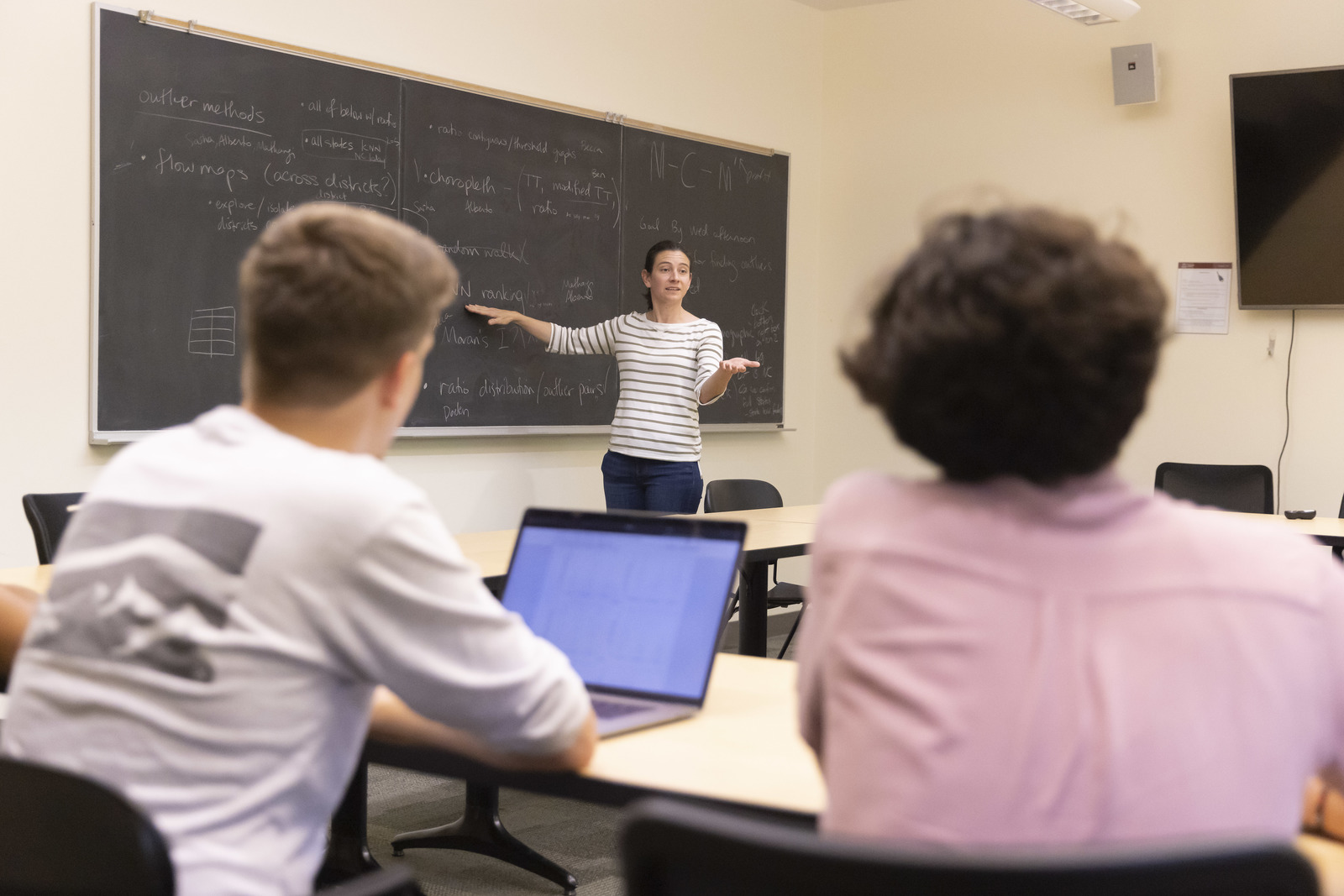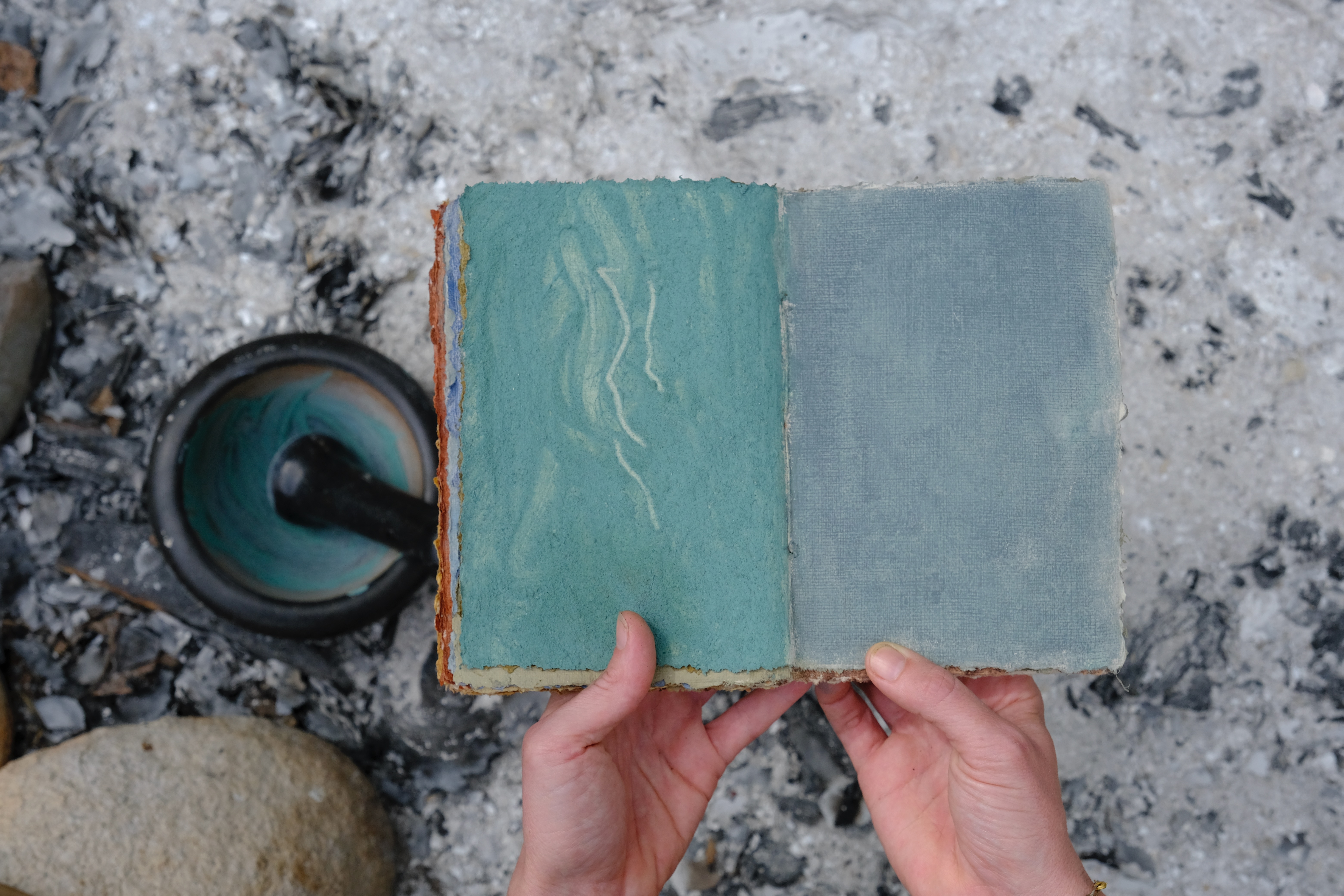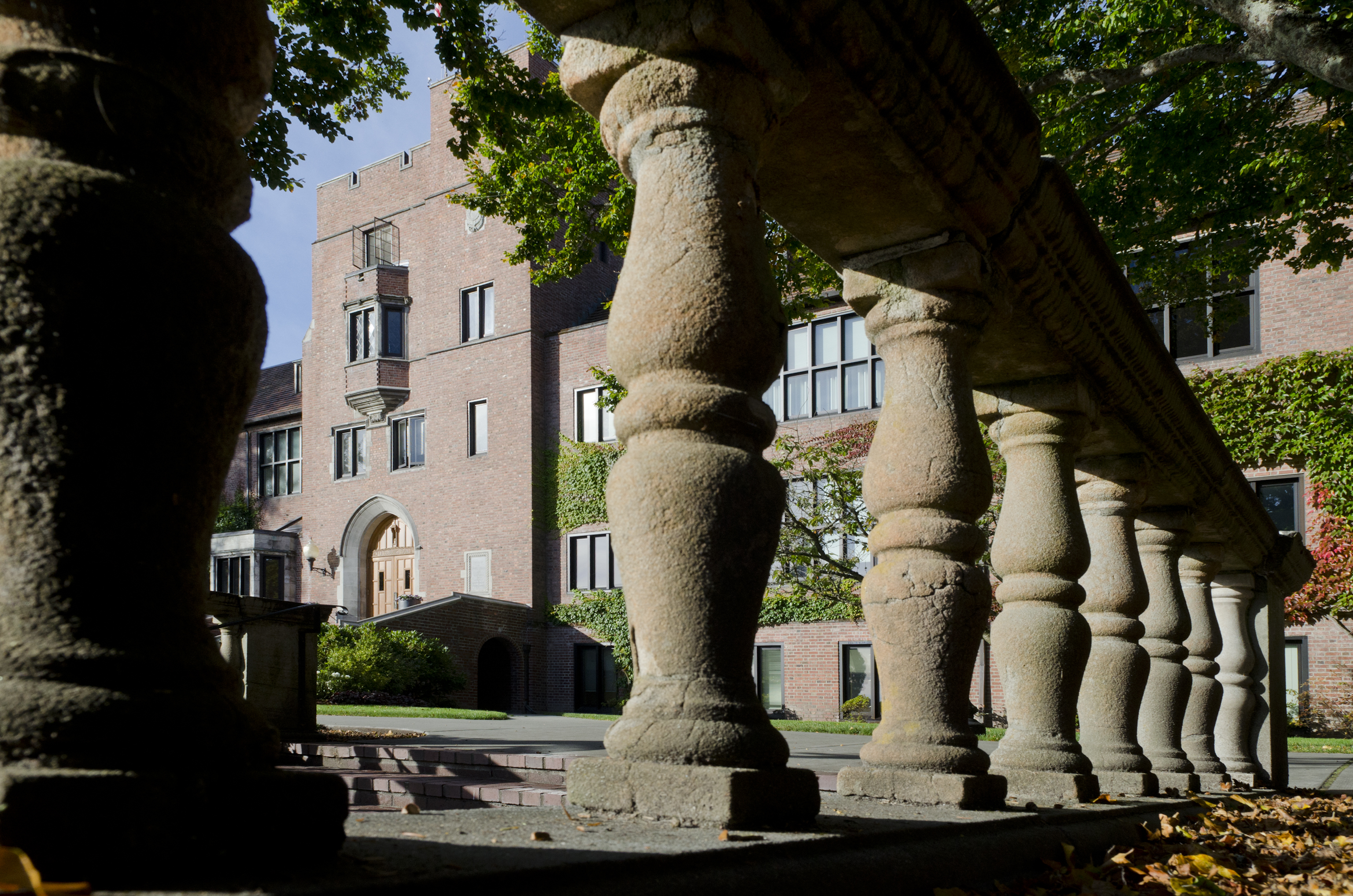Q: Your favorite teaching activity is something called "garbology." What is that?
A: Garbology is the study of understanding people based on their trash. Conventional, common methods for tracking consumer behavior normally consist of surveys or customer interviews, but both of those approaches rely on self-reporting. Garbology is a qualitative way to understand consumer behavior. There’s no self-reporting. As for students, it’s another way for them to be engaged. Over the course of a week, I ask students to bring in 10 to 15 pieces of clean trash. Each student’s pile gets a number, so it’s anonymous. Then, I ask students to make a consumer profile [for each pile] describing basic characteristics of the consumer: Are they environmentally conscious or money conscious? What retailers or products would they recommend to the consumer? Most of the time, they could quite quickly predict who the student was.
Q: That’s obviously an activity that you can’t do at the moment. What has it been like trying to rethink education during this time?
A: Since the pandemic started, many industries have said they will continue teleworking indefinitely. But education is not a field where this will work. Yes, I can provide knowledge. I can assign assignments. I can have [students] take exams. But that’s not the approach I want as an educator. I’ve always been fascinated by how we, as liberal arts professors, need to interact with students and have in-depth discussions with hands-on activities (like the garbology activity). I really like to get individual students’ perspectives and have that diversity in my classroom. That participation and engagement have been challenging.
Q: When you’re out doing your regular shopping, do you ever find yourself changing your behavior to reflect a certain profile in case you were ever the subject of a consumer behavior study?
A: I enjoy analyzing my behavior as a consumer. I am a consumer who wants to be rational and compare alternatives (in brands, price, features) thoroughly. But I often find my behavior is solely driven by my mood or impulsivity. Recently, I purchased a $120 fountain pen on Amazon even though I use my computer for my writing. I wanted to have my "comfy" time while handwriting with the beautiful ink pen during this stressful time.
Q: In your spare time you enjoy watching YouTube. Do you watch educational videos? Or are you more of a guilty pleasure binge watcher?
A: I enjoy watching short video clips on a variety of topics (cooking, product reviews, music, travel, science). I also enjoy watching documentaries on National Geographic about the universe, outer space, rockets, and planets with my son, who is in first grade. It is cool to learn about space, but it also helps me expand my perspective to understand humans and the world.


